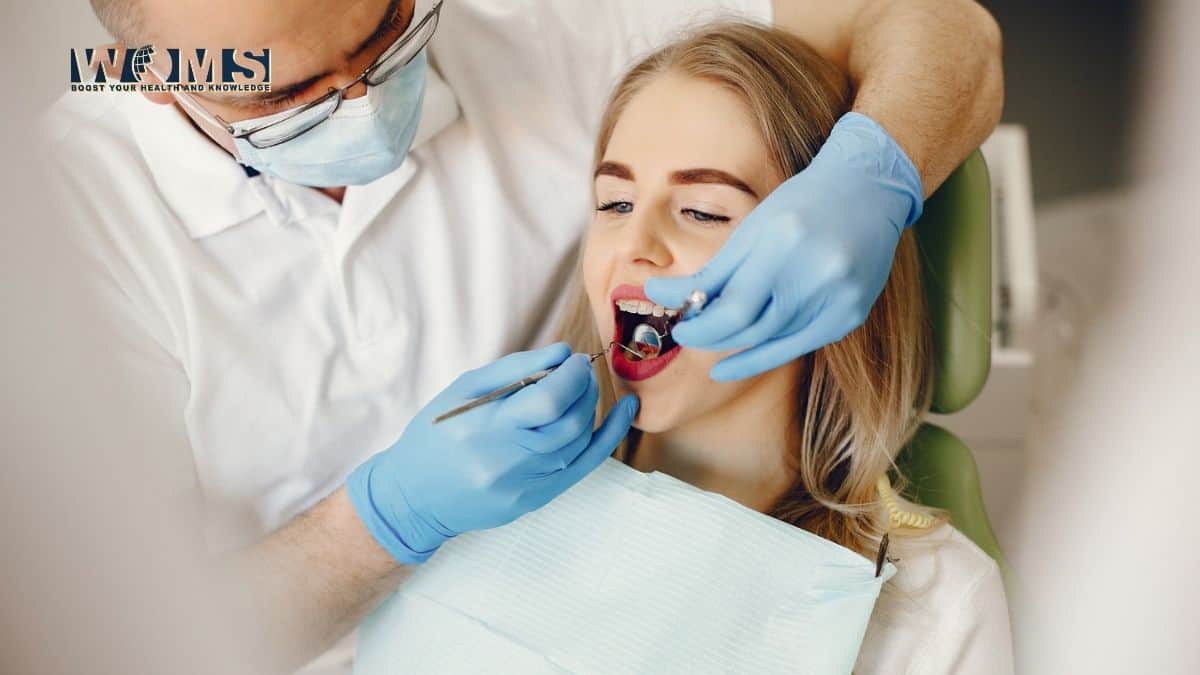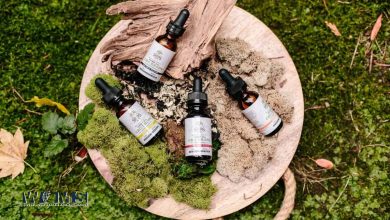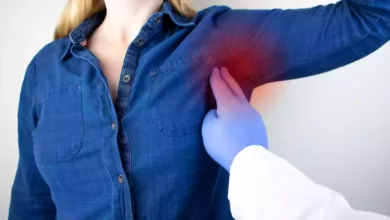How to Handle a Dental Emergency When You Are Abroad?

Let’s face it; emergencies do not knock at our doorsteps. And a dental one is no exception. If you are in your home country, you may have less to worry about than when you are in a foreign state. So, you finally decide to take a break from work and feed your eyes with beautiful sceneries.
And everything is going well until you feel some pain in one of your teeth. And even though no one has succumbed to it, the pain is unbearable. You can’t eat or sleep. And the good time you were looking forward to is now a nightmare. What next?
Where are you? If you are in Europe, count yourself lucky as most dental standards match the ones in Australia. As for Asia, you may have a hard time. And if your destination is in a secluded place, you may have to get to a nearby city for trustworthy services.
Also, keep in mind the water condition varies from one continent to another. Therefore, avoid tap water and consider buying your own.
Do you have an Insurance Cover?
If you do, you may realise how fortunate you are. But wait a minute, does it cover a dental issue? Unfortunately, some insurance covers are not inclusive of a tooth problem while abroad. Consequently, you may have to make a call to your dentist to inquire.
They may recommend a dentist that they know and whom your insurance can cover their services. Remember that Insurance Companies have specific medical counterparts. Therefore, do not find any dentist who speaks English and rush to get that pain-causing element out.
You might spend more than you can handle. It is also advisable to contact your dentist as soon as possible as international payments may take a while compared to local remissions.
What precautions can you take?
In such a puzzling situation, you should consider the following tips:
Rinse your mouth from time to time
When faced with tooth trouble, you probably have difficulty chewing food. Hot and cold drinks also become intolerable. In this instance, consider taking warm fluids.
And since you may not eat much, you need to consider edibles that do not need much effort to get going. Blended juice may be helpful if it is not too cool. Afterwards, ensure that you rinse your mouth to avoid any more particles accumulating in your teeth.
A mouthwash is highly recommended. But also watch out for its quality since you may not be familiar with foreign products as you might jump from the frying pan to the fire.
Inquire from the Australian Embassy
Apart from your dentist back home, the only place to run to if you have no relatives, family, or friends while abroad is the Embassy. Compared to all the citizens there, they may be the only ones who may feel what you are going through.
Therefore, you should contact them to get valid information about English-speaking dentists there.
What should you do before travelling?
Before packing your bags, it is always safe to get travel insurance that can cater to your needs while away before packing your bags. Is it costly? It may be. But it is worth it. Thereby, talk to your dentist to get all the details.
You can contact their customer service line from home or take some time and visit their offices. After all, you never know what awaits you in the faraway land across the vast ocean!
Preventive care to avoid a dental emergency
There are precautions you should consider to take to avoid dental emergencies. Oral health is an important aspect of your overall health; as a result, you will need to visit your dentists every six months for checkups and tooth cleaning. Before travelling, consider booking an appointment with your dentist. A simple checkup can quickly let your dentists understand the current conditions of your teeth and gums and, from here, advice whether it is good to travel.
Even after your check, when you travel, you need to take preventive steps. Avoid drinking tap water as it is likely to differ from your home country. Instead, buy bottled water and try to rinse your mouth with some mouthwash constantly.
Additionally, the meals we consume affect our oral health. Avoid alcoholic drinks, sugary and sticky foods.
Conclusion
When travelling overseas, it is imperative to ensure you have adequately planned for all aspects of the trip, including dental health. Also, do some research on the reputable dental clinics in the area you are to visit. Moreover, it is important to ensure you carry your medical insurance when travelling. Remember, it is better to be safe than sorry.
Let’s face it; emergencies do not knock at our doorsteps. And a dental one is no exception. If you are in your home country, you may have less to worry about than when you are in a foreign state. So, you finally decide take a break from work and feed your eyes with beautiful sceneries.
And everything is going well until you feel some pain in one of your teeth. And even though no one has succumbed to it, the pain is unbearable. You can’t eat or sleep. And the good time you were looking forward to is now a nightmare. What next?
Where are you? If you are in Europe, count yourself lucky as most dental standards match the ones in Australia. As for Asia, you may have a hard time. And if your destination is in a secluded place, you may have to get to a nearby city for trustworthy services.
Also, keep in mind the water condition varies from one continent to another. Therefore, avoid tap water and consider buying your own.
Do you have an Insurance Cover?
If you do, you may realise how fortunate you are. But wait a minute, does it cover a dental issue? Unfortunately, some insurance covers are not inclusive of a tooth problem while abroad. Consequently, you may have to make a call to your dentist to inquire.
They may recommend a dentist that they know and whom your insurance can cover their services. Remember that Insurance Companies have specific medical counterparts. Therefore, do not find any dentist who speaks English and rush to get that pain-causing element out.
You might spend more than you can handle. It is also advisable to contact your dentist as soon as possible as international payments may take a while compared to local remissions.
What precautions can you take?
In such a puzzling situation, you should consider the following tips:
Rinse your mouth from time to time
When faced with tooth trouble, you probably have difficulty chewing food. Hot and cold drinks also become intolerable. In this instance, consider taking warm fluids.
And since you may not eat much, you need to consider edibles that do not need much effort to get going. Blended juice may be helpful if it is not too cool. Afterwards, ensure that you rinse your mouth to avoid any more particles accumulating in your teeth.
A mouthwash is highly recommended. But also watch out for its quality since you may not be familiar with foreign products as you might jump from the frying pan to the fire.
Inquire from the Australian Embassy
Apart from your dentist back home, the only place to run to if you have no relatives, family, or friends while abroad is the Embassy. Compared to all the citizens there, they may be the only ones who may feel what you are going through.
Therefore, you should contact them to get valid information about English-speaking dentists there.
What should you do before travelling?
Before packing your bags, it is always safe to get travel insurance that can cater to your needs while away before packing your bags. Is it costly? It may be. But it is worth it. Thereby, talk to your dentist to get all the details.
You can contact their customer service line from home or take some time and visit their offices. After all, you never know what awaits you in the faraway land across the vast ocean!
Preventive care to avoid a dental emergency
There are precautions you should consider to take to avoid dental emergencies. Oral health is an important aspect of your overall health; as a result, you will need to visit your dentists every six months for checkups and tooth cleaning. Before travelling, consider booking an appointment with your dentist. A simple checkup can quickly let your dentists understand the current conditions of your teeth and gums and, from here, advice whether it is good to travel.
Even after your check, when you travel, you need to take preventive steps. Avoid drinking tap water as it is likely to differ from your home country. Instead, buy bottled water and try to rinse your mouth with some mouthwash constantly.
Additionally, the meals we consume affect our oral health. Avoid alcoholic drinks, sugary and sticky foods.
Conclusion
When travelling overseas, it is imperative to ensure you have adequately planned for all aspects of the trip, including dental health. Also, do some research on the reputable dental clinics in the area you are to visit. Moreover, it is important to ensure you carry your medical insurance when travelling. Remember, it is better to be safe than sorry.




